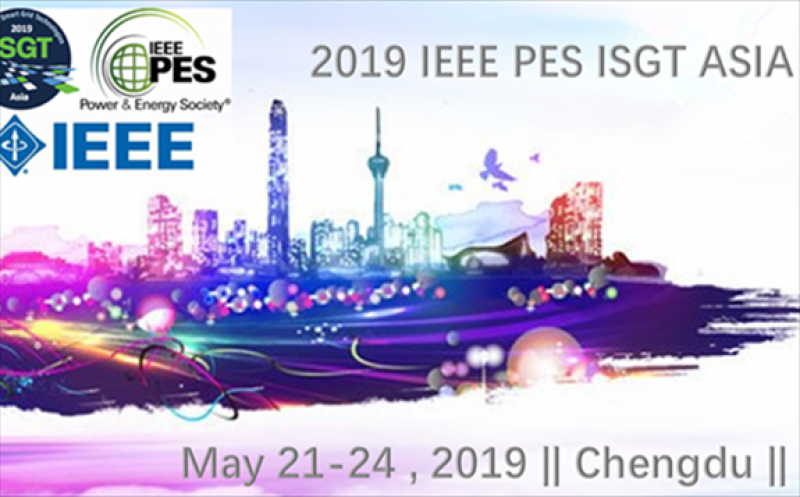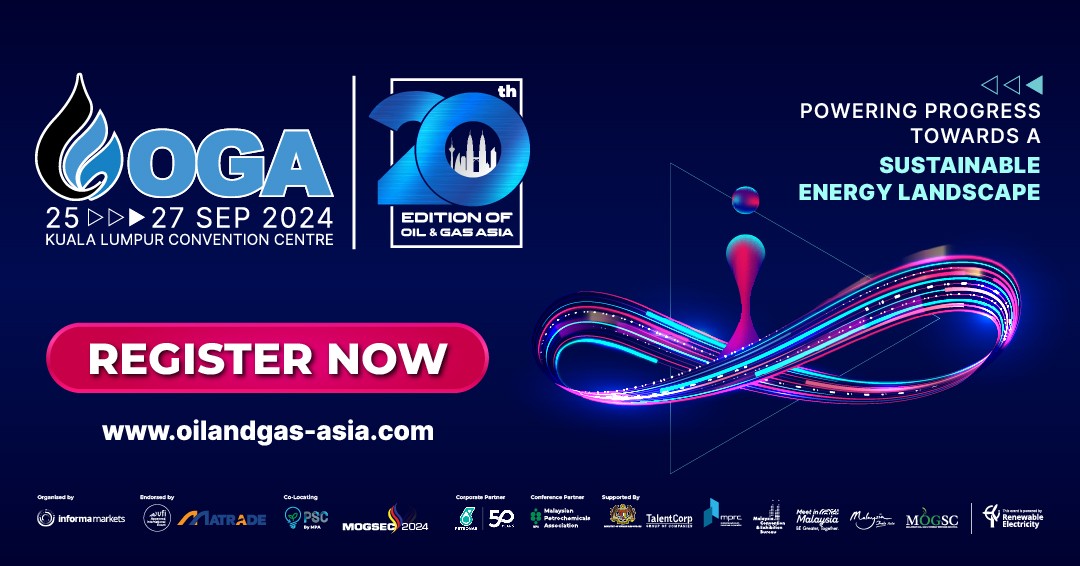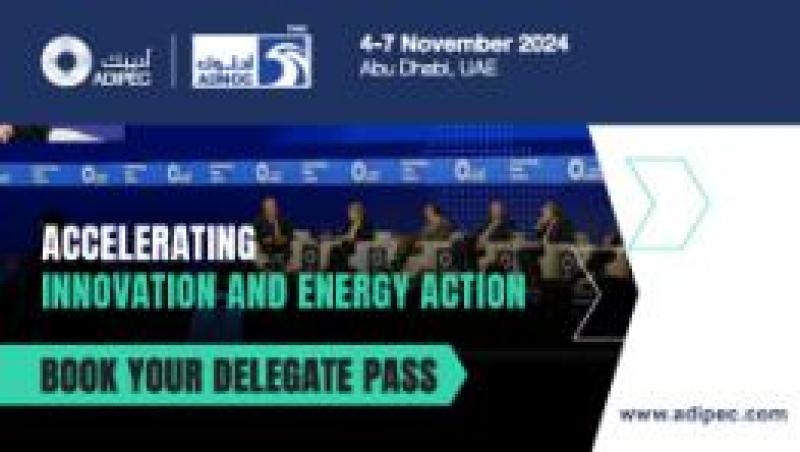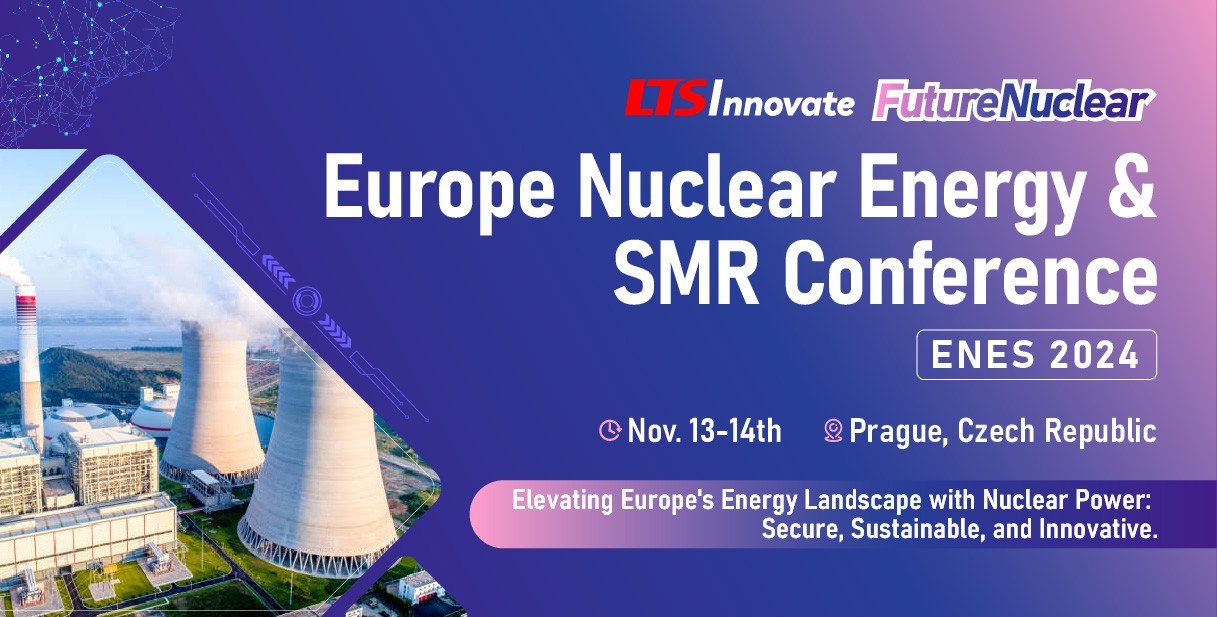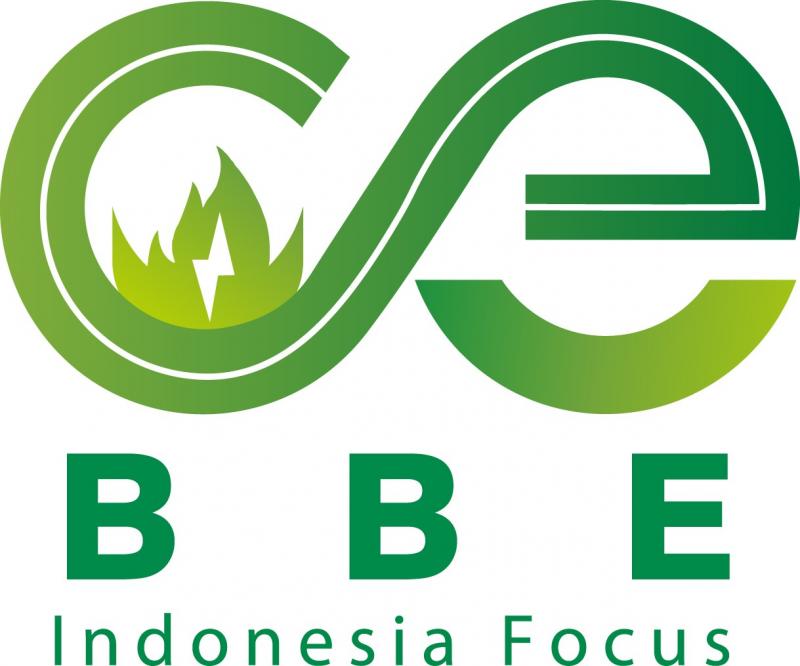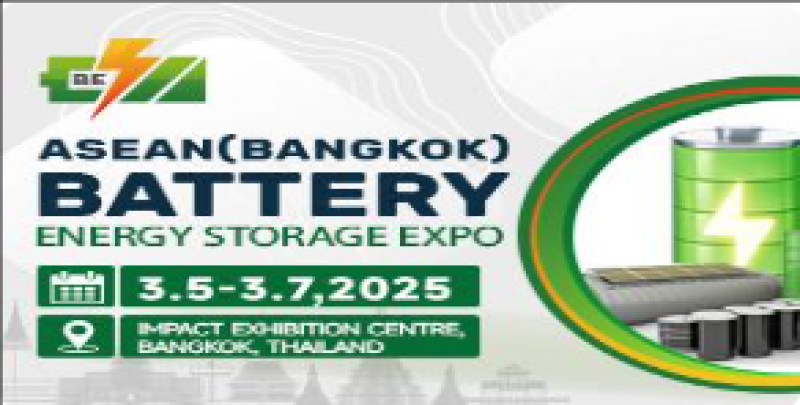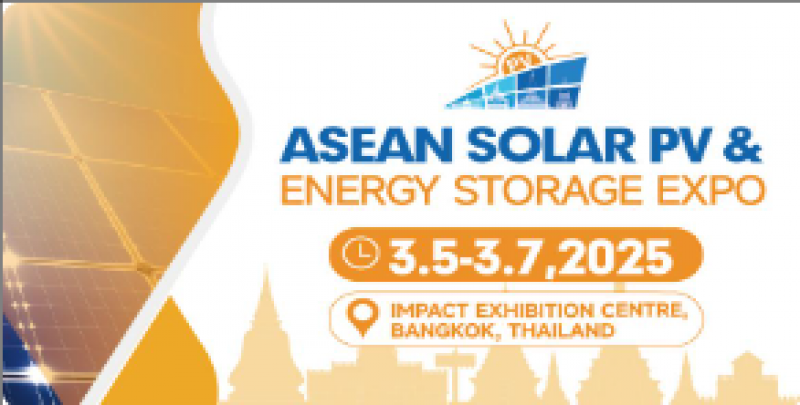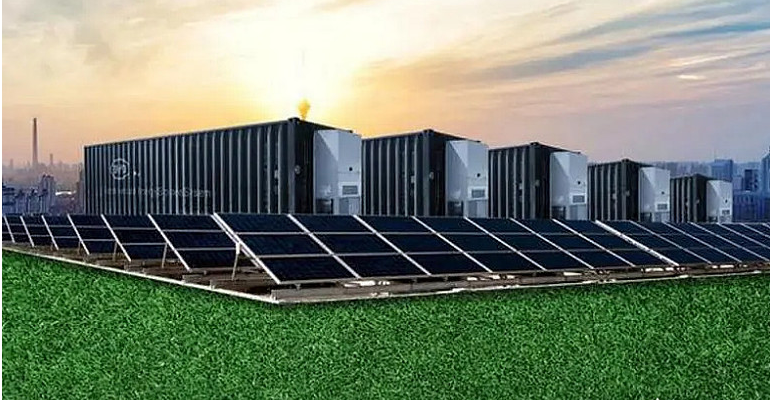
Lyten, Inc., developer of the Lyten 3D Graphene decarbonization supermaterials platform, commissioned its Lithium-Sulfur battery pilot line at its facility in Silicon Valley. The Lithium-Sulfur pilot line will begin delivering commercial battery cells in 2023 to early-adopting customers within the defense, automotive, logistics, and satellite sectors. (Earlier post.)
Battery delivery will be used to support testing, qualification and initial commercialization across the sectors. Reservations for the remaining battery cells will be limited by the pilot line’s nameplate capacity of 200,000 cells per year.
The pilot line is housed within Lyten’s 145,000-square-foot Silicon Valley campus. The campus also includes Lyten’s 3D Graphene fab and its operations supporting the development of additional Lyten 3D Graphene applications. These include lightweight composites and forms of chemical, resonant, and biological sensing solutions for transportation, aerospace, industrial, energy, and defense customers.
The Lyten battery pilot line will produce Lithium-Sulfur cells in a range of pouch and cylindrical form factors to support a variety of customer requirements and allow Lyten to further develop manufacturing equipment capabilities for scaled Lithium-Sulfur cell production. The pilot line will deliver cells that exceed conventional Nickel-Cobalt-Manganese (NMC) lithium-ion battery gravimetric energy densities.
Lithium-Sulfur is the battery chemistry that has the potential to electrify everything. A projected 50 percent lower cost bill of materials compared to conventional lithium-ion chemistries will enable significantly lower-cost automotive battery packs, making an all-electric automotive fleet economically achievable. The high energy density of the chemistry will make it appealing for application in heavy vehicles such as delivery vans, trucks, buses, and construction equipment, as well as in aviation and satellites. The raw materials for this chemistry are abundant throughout North America favoring a domestic supply chain and domestic manufacturing, supporting a strong American electrification industry.
—Celina Mikolajczak, Lyten’s Chief Battery Technical Officer
The Pentagon’s National Security Innovation Capital (NSIC) investment group has invested in Lyten in support of the government’s mission of advancing energy storage technologies in the United States.
To meet the expected demand for Lithium-Sulfur batteries, Lyten is progressing engagements across multiple US states to expand 3D Graphene production capacity and build its first Lithium-Sulfur cell gigafactory. Additionally, Lyten is securing domestic supply for its completely NMC-free battery materials, including low emissions natural gas, sulfur, and lithium.
Lyten 3D Graphene, the critical materials innovation enabling Lyten’s proprietary lithium-sulfur chemistry as well as Lyten composite and sensor products, is a decarbonization supermaterial. First, the material is sourced by breaking apart methane, a greenhouse gas, into solid carbon and clean hydrogen. The carbon is permanently captured in the form of 3D Graphene, avoiding CO2 emissions. The by-product, clean hydrogen, can be utilized to replace dirty forms of hydrogen for industrial and transportation uses.
Lyten 3D Graphene’s unique strength, weight, and conductivity will then be utilized to decarbonize the manufacturing and use of products in the hardest-to-abate sectors.
